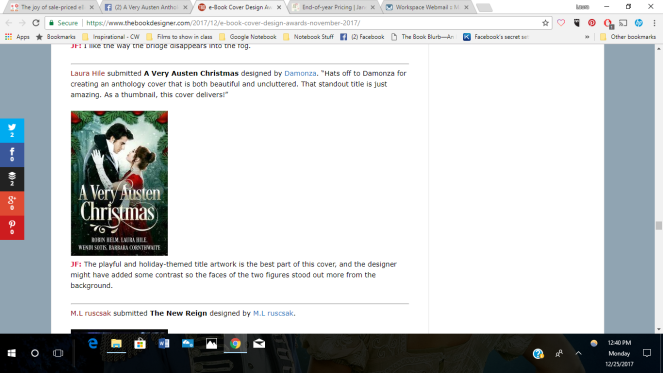
Recently, Donald Trump went back on one of the few campaign promises that seemed to generate fairly bipartisan support: Ending the war in Afghanistan that has been going on for sixteen years now. As Barack Obama had before him, Trump decided instead to send more troops and spend more money in a war that, to be frank, most Americans probably forget is happening on any given day. How did we reach this point? How did we get to a point where the United States could wage an endless foreign war without most of the country much noticing or caring? Rachel Maddow has an answer in Drift: The Unmooring of American Military Power that points the blame at Democrats and Republicans, Congress and the President alike.
Drift, at its heart, is a tour through modern American military history from the point of view of the executive branch, tracking the way the Reagan and Bush administrations tried to steal the power to make war from a weak and willing legislature, the way the Clinton and Bush II administrations ceded more and more authority in those wars to private contractors who cost a fortune while doing shoddy work, and the way the Obama continued all those trends and took it to a new level with drone warfare. At the heart of all of this is a question of who should have the ability to declare war. The Framers of the Constitution gave this power to the Legislature – to Congress – Maddow argues, providing quotes from a number of them suggesting that the power to declare war and reap glory would be too strong a political temptation for any one man; Reagan’s argument was, essentially, that none of that matters when national security is at stake, and Reagan’s argument still holds sway with many in Washington today, in both parties.
Maddow has a bit of a reputation in some circles as a liberal scold, but Drift is serious work by a serious journalist, and Maddow understands what the pundits don’t: That we didn’t get where we are on the deeds of one party alone. Each party had different tactics for circumventing the need for the nation to be behind a war, and each party reaped the political rewards of military action. It was a race to the bottom, and regardless of who won the race, the end result remained the same: An endless war in a foreign land, an ever-ballooning military budget spent heedlessly, and a seemingly permanent transfer of power from the legislature to the executive.
Advertisements Share this:




